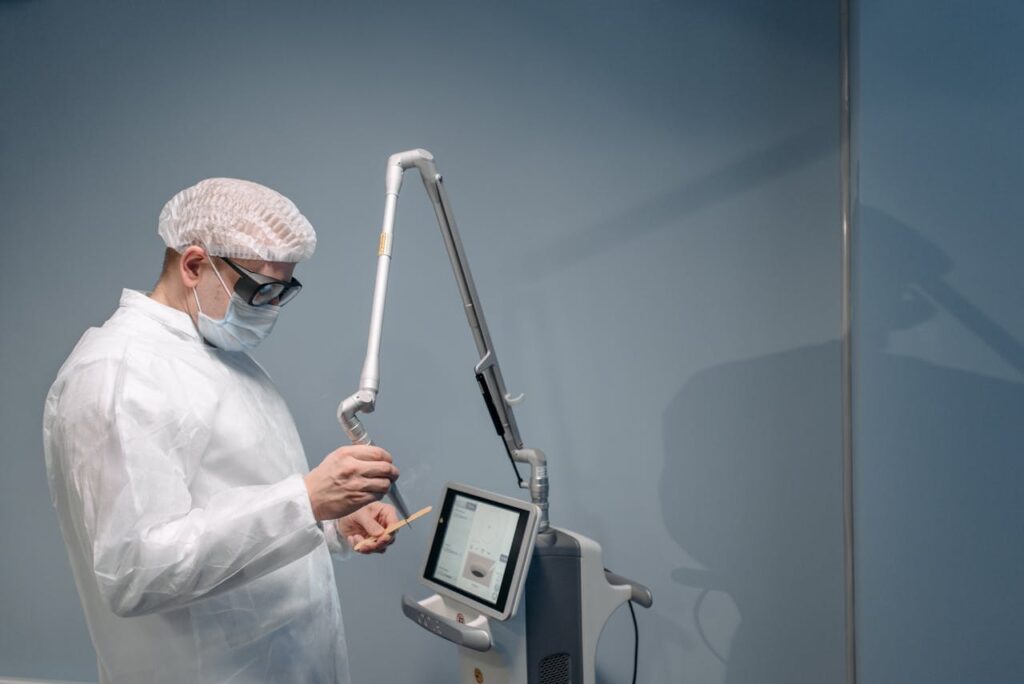
In recent years, the healthcare sector has faced a myriad of challenges, ranging from rising costs to increased patient demands and the urgent need for more effective care solutions. To navigate these complexities, healthcare providers and organizations are increasingly turning to innovative technologies. This transformation aims not only to enhance patient care but also to streamline operations, improve accessibility, and boost efficiency across the industry.
The Rise of Telemedicine
One of the most significant advancements in healthcare technology is the widespread adoption of telemedicine. The COVID-19 pandemic accelerated the integration of virtual consultations, allowing patients to access medical advice and treatment from the comfort of their homes. This approach not only reduces the strain on physical healthcare facilities but also increases accessibility for patients in remote or underserved areas. With telemedicine, healthcare providers can reach a broader audience, ensuring that quality care is available to everyone, regardless of their location.
Artificial Intelligence and Data Analytics
Artificial intelligence (AI) and data analytics are revolutionizing the way healthcare professionals diagnose and treat patients. By analyzing vast amounts of data, AI can identify patterns that may not be immediately apparent to human practitioners. This capability allows for more accurate diagnoses, personalized treatment plans, and proactive patient monitoring.
For instance, AI algorithms can predict patient outcomes based on historical data, enabling healthcare providers to intervene early in high-risk cases. Furthermore, AI-driven tools can assist in administrative tasks, such as scheduling appointments and managing patient records, thereby freeing up valuable time for healthcare professionals to focus on patient care.
Wearable Technology and Remote Monitoring
Wearable devices are gaining popularity as tools for monitoring health and wellness. From smartwatches that track heart rates to advanced glucose monitors for diabetes management, these technologies empower patients to take control of their health. Remote monitoring allows healthcare providers to keep an eye on patients’ vital signs in real-time, enabling timely interventions when necessary.
This technology is particularly beneficial for managing chronic conditions, where continuous monitoring can lead to better outcomes. By providing data directly from patients, healthcare professionals can make more informed decisions about treatment adjustments, ultimately improving the quality of care.
Blockchain for Enhanced Security and Transparency
Data security is a critical concern in healthcare, as sensitive patient information is often targeted by cybercriminals. Blockchain technology offers a solution by providing a secure and transparent way to manage medical records. Each transaction is recorded on a decentralized ledger, making it nearly impossible for unauthorized users to alter or access sensitive information.
By harnessing blockchain, healthcare organizations can enhance data integrity, streamline sharing between providers, and maintain patient confidentiality. This transparency builds trust among patients and ensures that their data is handled securely.
Challenges to Overcome
While the integration of innovative technology in healthcare is promising, several challenges remain. Resistance to change, high implementation costs, and regulatory hurdles can slow down the adoption of new technologies. Moreover, ensuring that all patients have equal access to these advancements is crucial; disparities in technology access could exacerbate existing health inequities.
Conclusion
Harnessing innovative technology in healthcare is not just about adopting the latest trends; it’s about fundamentally transforming the way care is delivered. By embracing telemedicine, AI, wearable devices, and blockchain, healthcare providers can address ongoing challenges and improve patient outcomes. As technology continues to evolve, the healthcare industry must adapt and innovate to ensure that all patients receive the high-quality care they deserve.